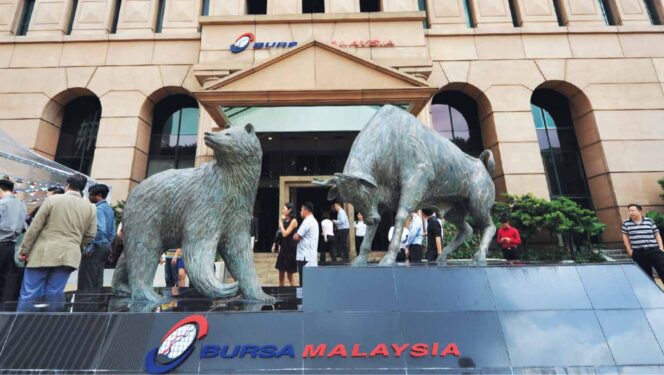INVESTOR Warren Buffett surmised, “Someone is sitting in the shade today, because someone planted a tree a long time ago.”
In the case of AspenTech, that tree was planted in 1981, built upon research in response to the energy crisis back in the 1970s.
Touching on the new favourite among various economic sectors, artificial intelligence (AI), AspenTech chief technology officer Willie K Chan noted the crux of the situation is the secret sauce that separates industrial AI from more generic AI approaches.
Industrial AI, Chan added, will guide innovation and efficiency improvements in capital-intensive industries for years to come.
It would enable general engineers to leverage machine learning without being advanced data specialists. In fact, AI algorithms only represent 5% of the software source code; with the remaining 95% derived from domain expertise.
Nevertheless, digital transformation is a journey towards the self-optimising vision made possible by the emergence of new technology that combines data insights enabled by AI technology.
According to a recent report titled “Racing towards the future: Artificial Intelligence in Southeast Asia” by consultancy firm Kearney and Singapore-based investment firm EDBI, AI can deliver a strong impact with a 10% to 18% uplift in gross domestic product (GDP) across Southeast Asia, equivalent to nearly US$1 tril by 2030.
In Malaysia, AI technology is projected to contribute about US$115bil (RM476.84 bil) to its GDP in 2030.
The report also highlighted that 80% of the potential value of AI comes from fewer than 20% of the cases. This mandates the need for companies to select the right AI solutions, preferably one that incorporates domain expertise to deliver measurable value and accelerated return on investments.
With a holistic view to incorporate AI capabilities into existing operating technology and information technology, industrial systems can drive maximum profit with increased sustainability.
Driving value in the new normal
The pandemic has accelerated the need for digitalisation in capital-intensive industries. Companies with the ability to balance profitability and sustainability can address the challenges more efficiently.
Oil and gas giant Bharat Petroleum Corporation Limited (BPCL), for instance, track emissions and the resulting data generated is used to optimise production as well as reduce carbon emissions.
BPCL saved about US$600,000 a year, increasing profitability and achieving sustainability.
The challenge mandates the need to increase resources for a growing population by improving standards of living, while meeting sustainability goals.
With AI in place, companies can mine historical and real-time data to predict future failures and prescribe detailed actions to resolve problems via predictive maintenance.
And Malaysian companies should take advantage of the new normal to accelerate supply chain profitability and sustainability via innovation. – Oct 17, 2021.
Lawrence Ng is Aspen Technology’s Vice President of Sales, Asia Pacific, and Japan.
The views expressed are solely of the author and do not necessarily reflect those of Focus Malaysia.










